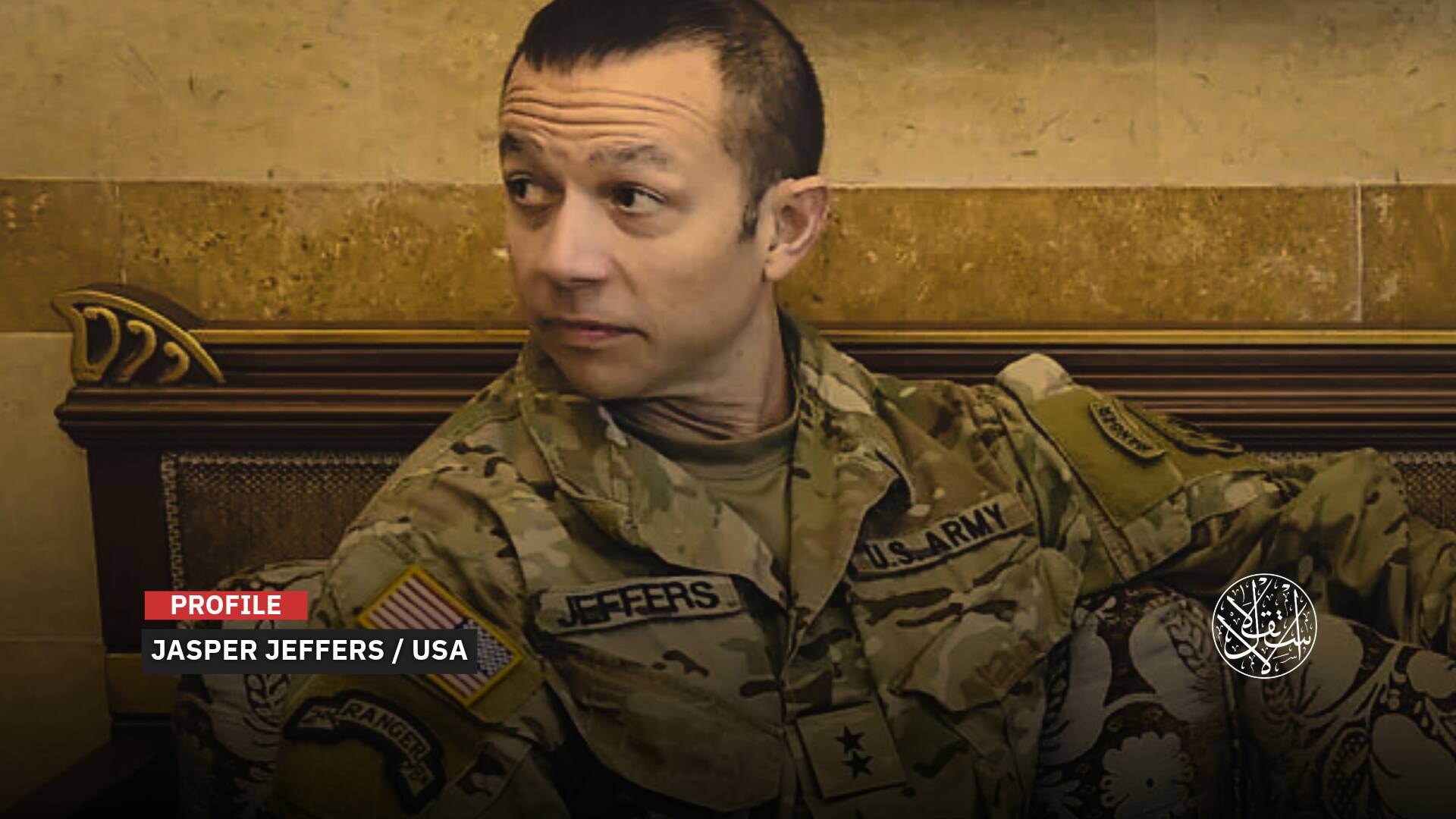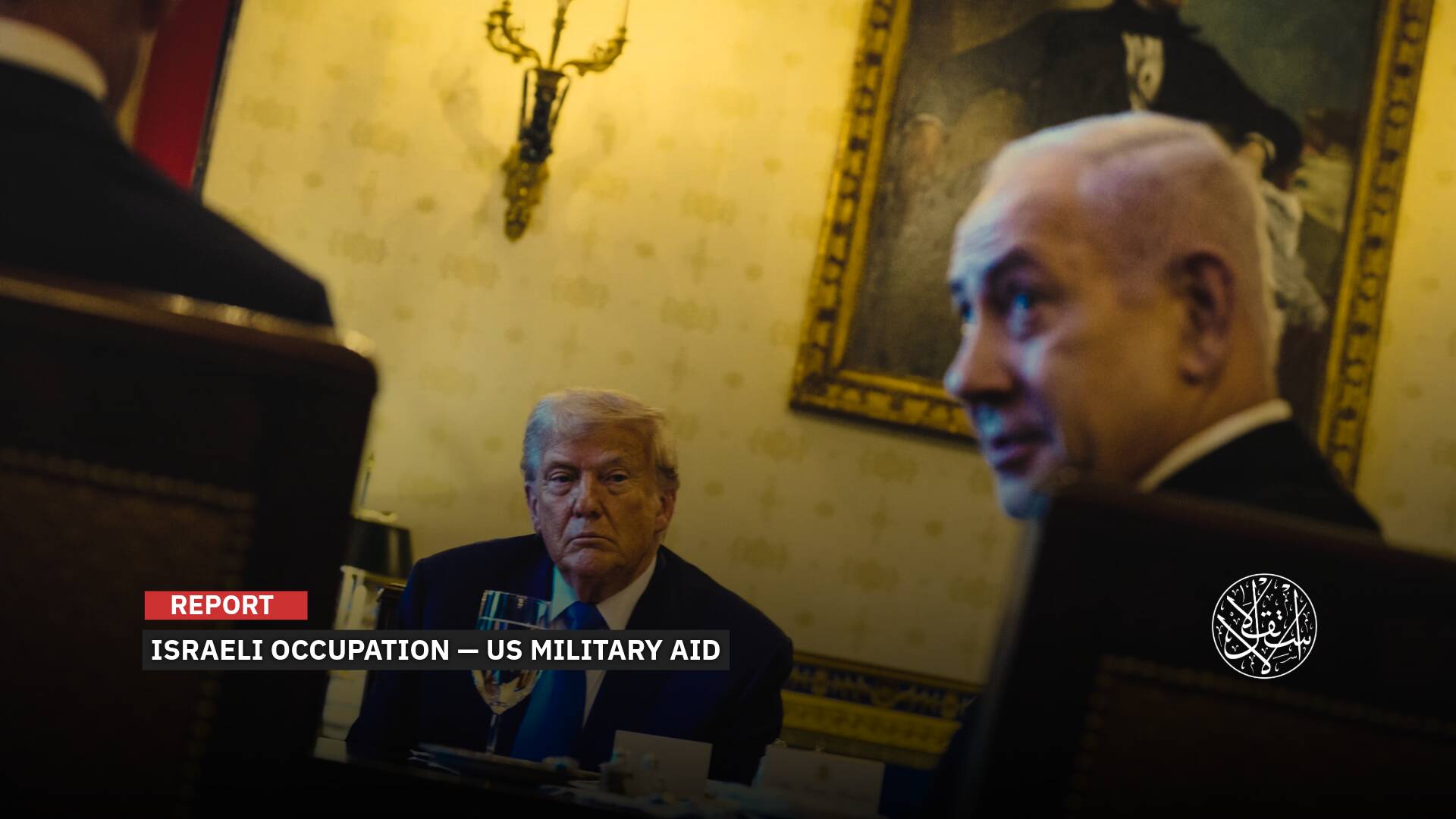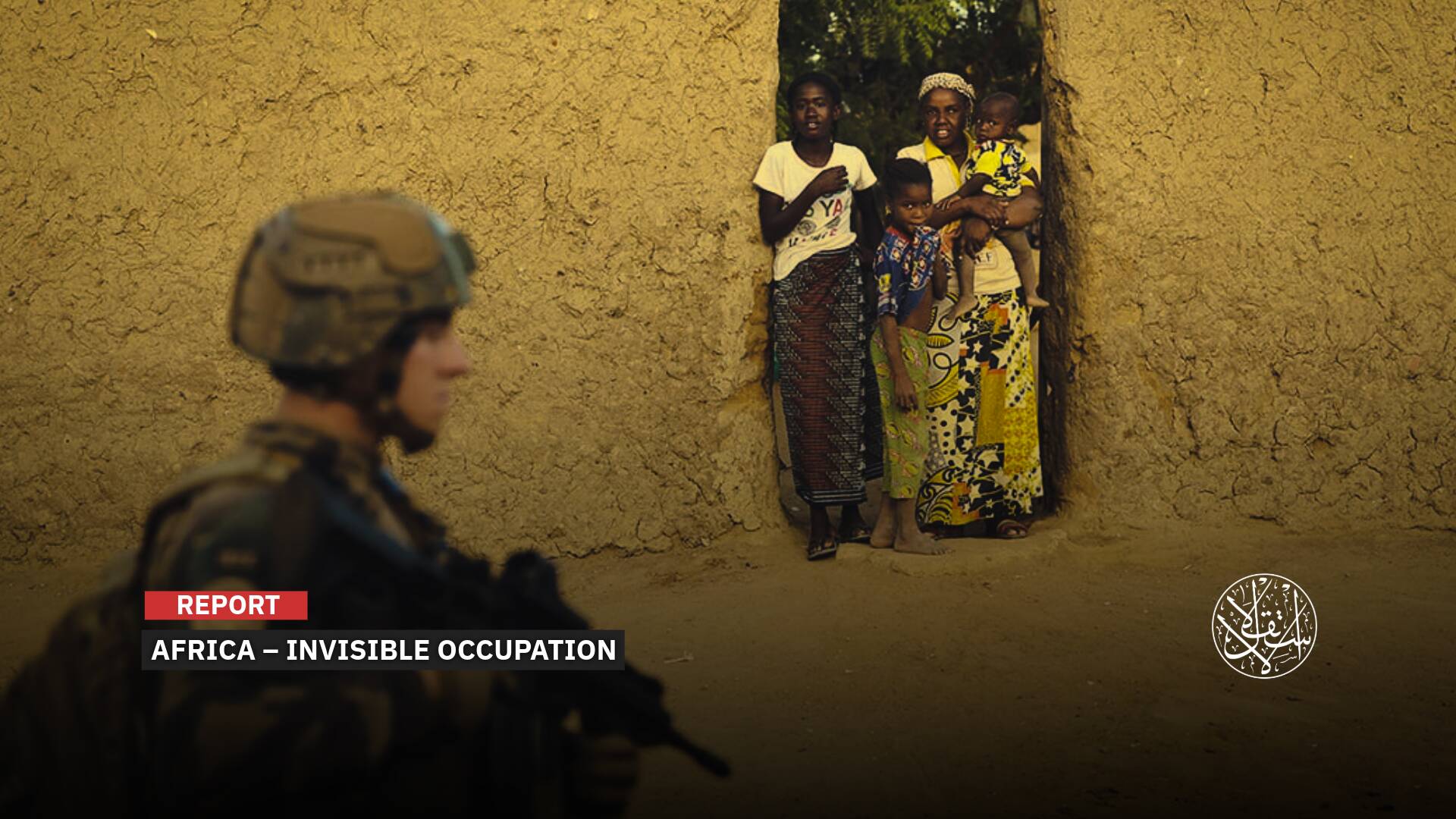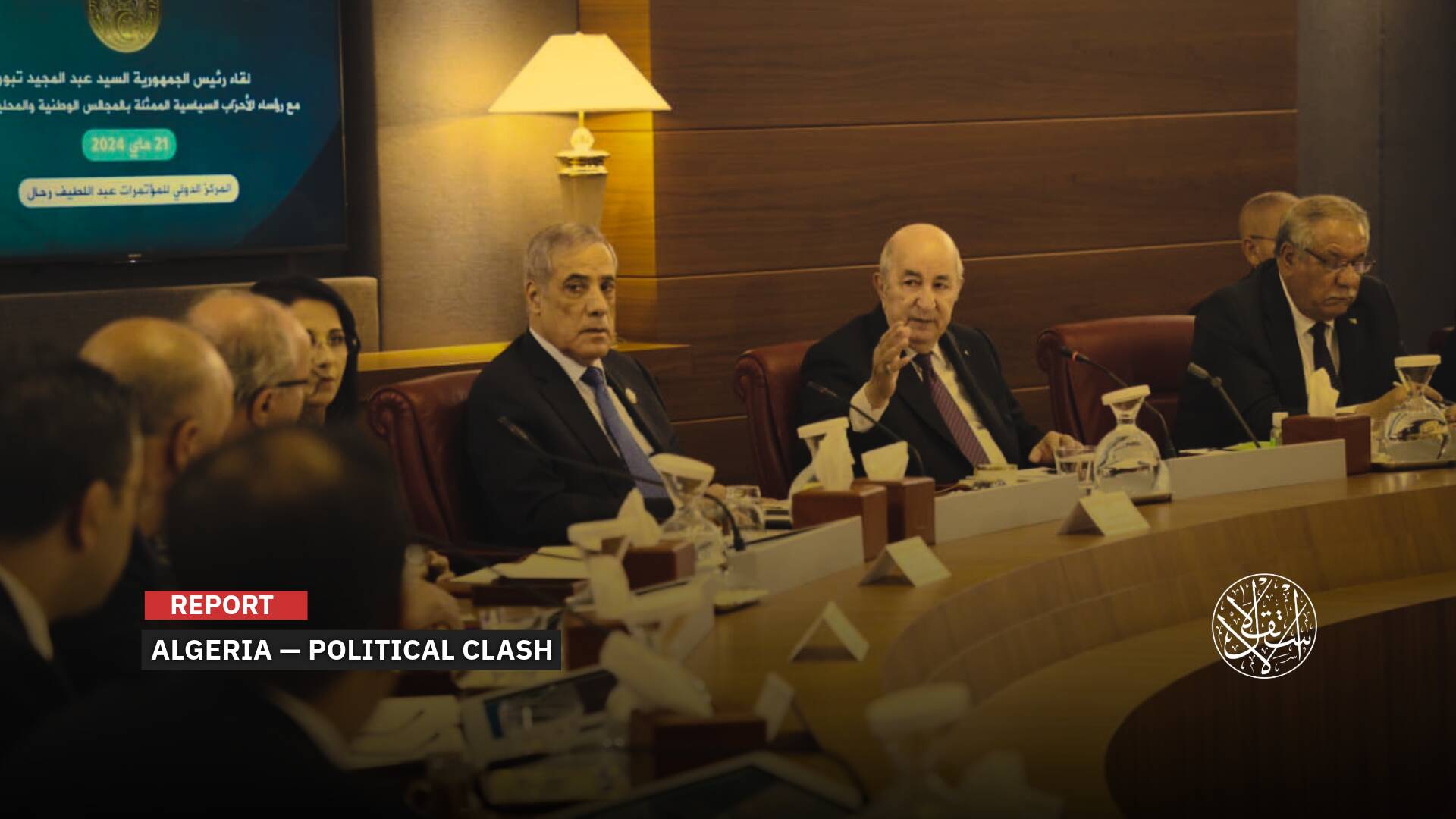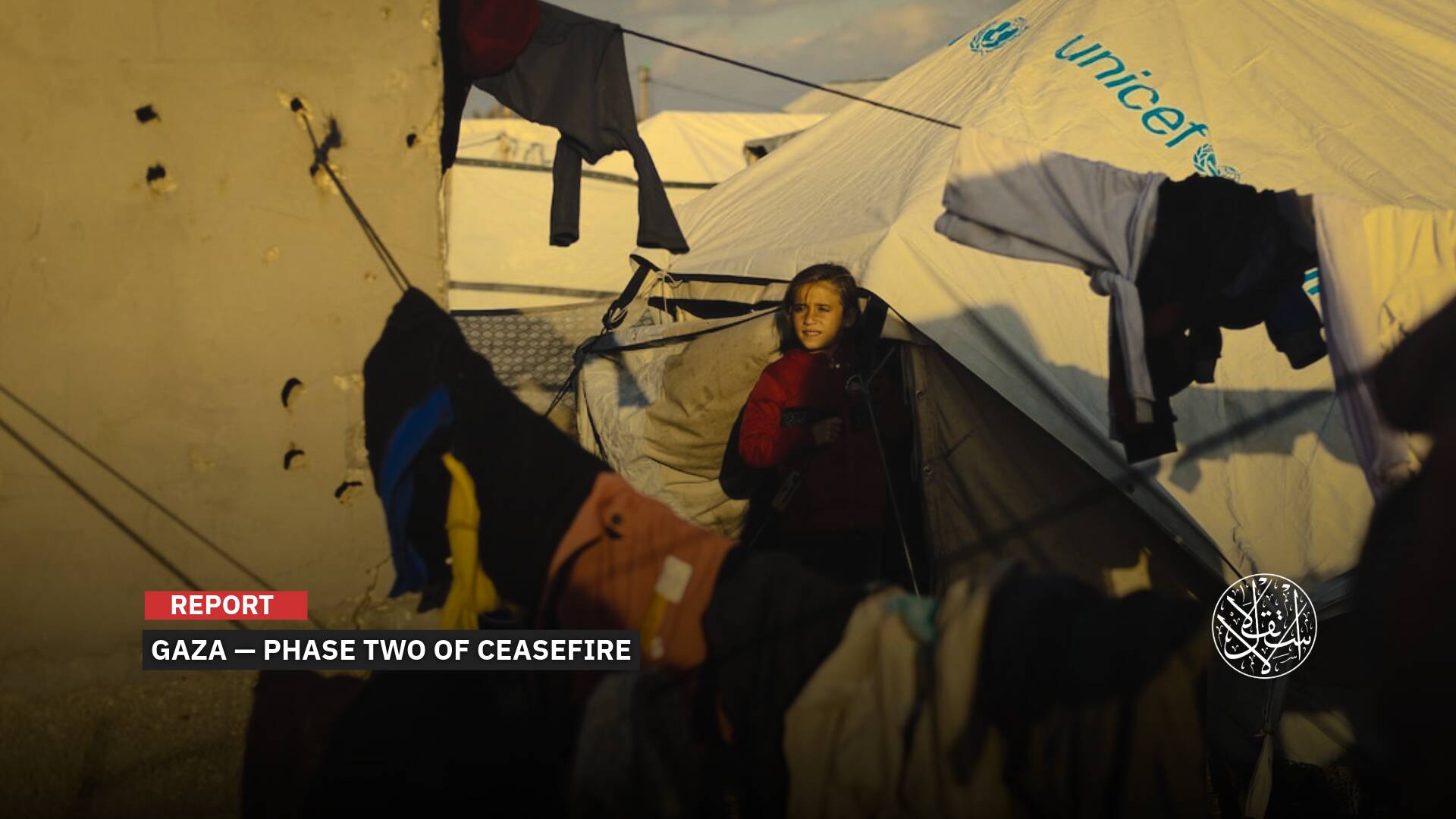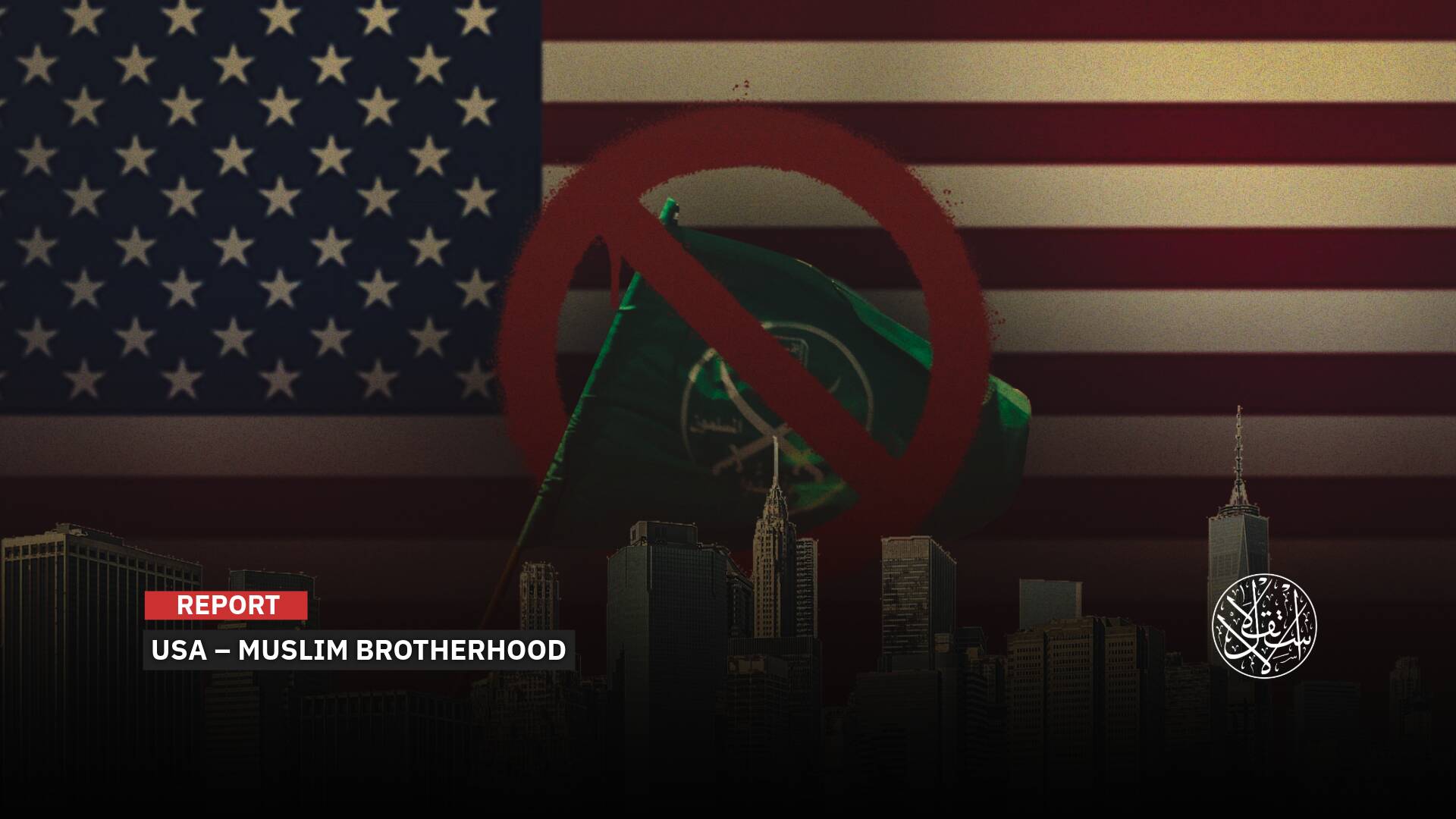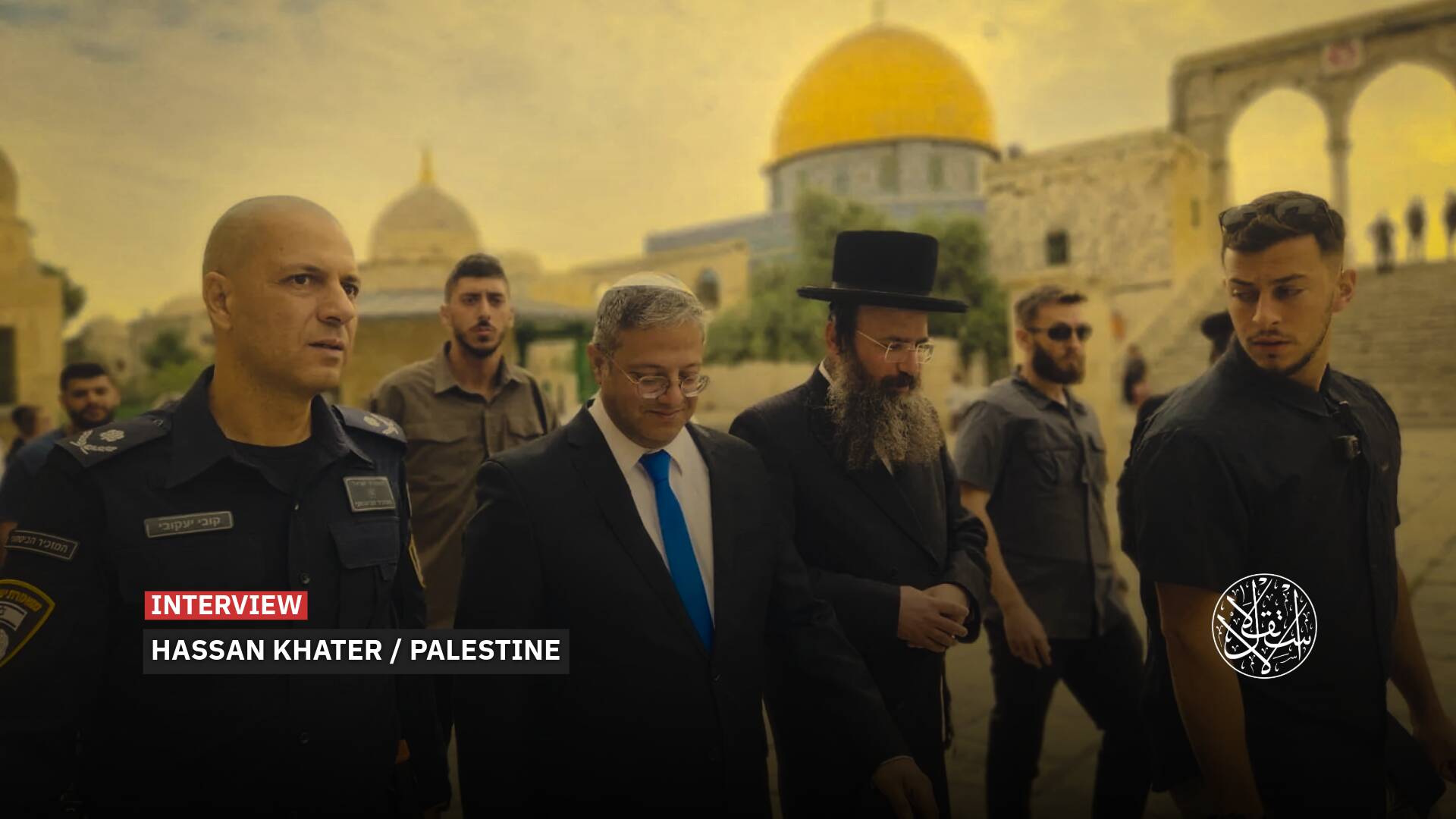What Did Iraq’s Foreign Minister Achieve in Washington?

The U.S. demands to Baghdad are still just words, nothing has changed on the ground.
Iraqi Foreign Minister Fuad Hussein’s extended visit to the United States has stirred much speculation, marking the first official diplomatic engagement between the two sides since the inauguration of President Donald Trump’s new administration on January 20, 2025.
Hussein was accompanied by Finance Minister Taif Sami and Central Bank Governor Ali al-Alaq on the weeklong trip, which ran from April 24 to 30. The visit aimed to open a communication channel with the new U.S. administration, which has so far adopted hardline positions on several key issues.

Empty Statements
Despite the visit’s length and the number of meetings it included, particularly at a time of heightened tensions in the Middle East, local media criticized the Iraqi Foreign Ministry’s statements as vague and lacking substance. The statements reportedly failed to reveal Washington’s stance or responses to Iraq’s key demands.
One of the most notable meetings was between Fuad Hussein and his U.S. counterpart, Marco Rubio. According to an April 27 statement from the Iraqi Foreign Ministry, the two discussed ways to enhance cooperation, especially in political, security, and economic fields.
The statement also emphasized the importance of strengthening security cooperation and intelligence sharing to combat terrorist organizations, while praising the U.S. for leading the international coalition against terrorism.
On the economic front, Minister Hussein highlighted Iraq’s initial steps toward diversifying its energy sources and reducing dependence on imported gas. He stated that Iraq aims to achieve gas independence and will reach self-sufficiency within a few years.
He also noted that Iraq has started importing electricity from neighboring countries and is in talks to import gas from others. Hussein called on American companies to boost their investments in Iraq and take part in its strategic projects.
The meeting also touched on President Trump’s upcoming tour of the region and the potential it holds for advancing coordination and mutual understanding on key regional and international issues; steps that could serve regional stability.
U.S. Secretary of State Marco Rubio stated that “a strong, stable, and sovereign Iraq, free from malign influence, is vital to the stability of the region and the preservation of U.S. interests and opportunities there,” in a clear reference to Iran.
“Had a valuable exchange with Iraqi Deputy Prime Minister and Foreign Minister Fuad Hussein. I commend his efforts to de-escalate tensions and promote constructive dialogue in the region.”
During the visit, Hussein met with U.S. Deputy Treasury Secretary Michael Faulkender, urging Washington to exempt Iraq from sanctions on Iran so it can keep importing gas to power its electricity grid, and asking for help in securing alternative energy sources.
In another meeting, Hussein spoke with U.S. National Security Advisor Mike Waltz. The two discussed regional security conditions and current challenges, as well as the ongoing negotiations between the U.S. and Iran. The Iraqi Foreign Ministry also emphasized the importance of resolving regional issues peacefully.

U.S. Conditions
Commenting on the visit and its outcomes, Iraqi affairs analyst Latif al-Mahdawi said, “The U.S. conditions presented to Baghdad have yet to be implemented on the ground. Iraq was unable to postpone or cancel the foreign minister’s trip, which makes the visit a failure.”
“Since Trump took office, Washington's demands have been clear: dismantle the Popular Mobilization Forces and armed militias, distance Iraq from Iran, and stop the corruption and dollar smuggling through Iraqi banks,” al-Mahdawi told Al-Estiklal.
“Marco Rubio made it clear to the Iraqi minister—they want a sovereign, stable Iraq free of malign influence. That’s a direct reference to Iran. He also signaled a push to reduce Iraq’s influence in neighboring countries, particularly Syria.”
“None of that is likely to happen. The armed militias are under Iran’s control, and Tehran currently has the militia weapons, the Syrian file, and the nuclear file all on the negotiating table with Washington,” he added.
“The visit will not help Iraq secure an exemption from U.S. sanctions on Iran, because Washington knows Iraq isn’t serious about diversifying its gas imports and still wants to keep the U.S. waiver for buying Iranian gas.”
Meanwhile, Iraqi political analyst Nizar Haidar, based in the United States, said the visit of the Iraqi delegation led by the foreign minister was not as surprising as some media suggested. According to Haidar, Iraq had been working for months to arrange the visit.
“This visit was different from typical diplomatic engagements. The delegation came to Washington not to negotiate, but to receive instructions and the U.S. vision, which they are expected to convey back to Prime Minister Sudani’s government for implementation,” he told Iraq’s Alssaa on May 2.
“Iraq reached this point because its governments have failed to uphold their commitments to the United States, even as Washington has fulfilled Baghdad’s requests.”
“The U.S. can no longer sustain a one-sided relationship with Iraq; while Washington steps in during crises, Baghdad has failed to reciprocate, particularly in curbing its ties with Iran. This imbalance has prompted a tougher U.S. stance toward the Iraqi government,” the political analyst added.

Visit Failed
“The visit of the Iraqi delegation, led by Foreign Minister Fuad Hussein, to the United States was not successful,” said the head of the Political Thinking Center in Iraq, Ihsan Shamry.
He pointed out that the U.S. Treasury Department had identified activities aimed at circumventing sanctions on Iraqi banks.
Speaking to Kitabat on May 3, Shamry said, “The Iraqi delegation failed to convince the U.S. to remove Iraq from its maximum pressure policy on Iran. The same conditions the U.S. has set for Iraq remain in place.”
He noted that the primary goal of the visit was to protect Iraq’s funds, ensure the country does not lose its dollar reserves, and avoid further U.S. sanctions on Iraqi banks.
The Iraqi researcher explained that the visit coincided with the nearing expiration of the U.S. presidential executive order, which is issued annually to protect Iraq’s funds. This order is set to expire in mid-May, raising concerns in Iraq about the possibility that President Trump might not sign it.
“Failure to sign the executive order would mean Iraq losing its dollar reserves in the Federal Reserve, due to potential lawsuits against Iraq. Therefore, the Iraqi government delegation formally requested the renewal of this protection through the president’s signature.”
“The visit aimed to protect Iraq from U.S. sanctions on local banks. The U.S. has sanctioned 37 banks, and the number could rise to 69, as there are U.S. demands to shut down banks operating in Iraq,” he added.
“Iraq needs more time to organize this process, especially as there are U.S. threats to halt transactions using prepaid payment cards due to concerns about possible illicit activities.”

At the same time, Shamry confirmed that “Hussein’s visit to Washington coincided with the near appointment of a U.S. official responsible for Iraqi affairs.”
“It seems that Iraq is trying, as much as possible, to stay close to Washington to at least explain its viewpoints or clarify Iraq’s direction with the U.S.”
“The Iraqi foreign minister aimed to convey Prime Minister Sudani’s desire to visit Washington, meet with Trump, and collaborate with him,” he added.
“The visit remains dependent on developments in the region, whether it be U.S.-Iran negotiations or the potential confrontation between Israel and Iran.”
“One visit cannot tell much. The Trump administration is demanding more actions from Iraq. So far, the government has made no progress on the case of the kidnapped Israeli in Iraq, Elizabeth Tsurkov; a matter the U.S. has urgently pressed for,” Shamry concluded.
The administration of U.S. President Donald Trump issued official warnings to Baghdad, threatening political and economic sanctions if Tsurkov, who disappeared in Iraq two years ago, was not freed.
Sources
- Secretary Rubio’s Meeting with Iraqi Deputy Prime Minister and Foreign Minister Hussein
- Deputy Prime Minister and Minister of Foreign Affairs Holds Talks with U.S. Counterpart Marco Rubio in Washington to Enhance The Bilateral Cooperation and Strategic Partnership
- Foreign Minister Discusses Energy Independence and Gas Import Facilitation with U.S. Deputy Treasury Secretary [Arabic]
- Sanctioned Banks Could Rise to 69 — Shamry Reveals Why Hussein's Visit to Washington Failed [Arabic]
- Iraqi Delegation Returns from Washington Burdened with Conditions — Did the Dollar Rescue Mission Fail? [Arabic]
- Fuad Hussein in Washington: Questions Raised and Threats of Interrogation [Arabic]
- Trump Administration Warns Iraq Over Abducted Israeli Researcher [Arabic]


